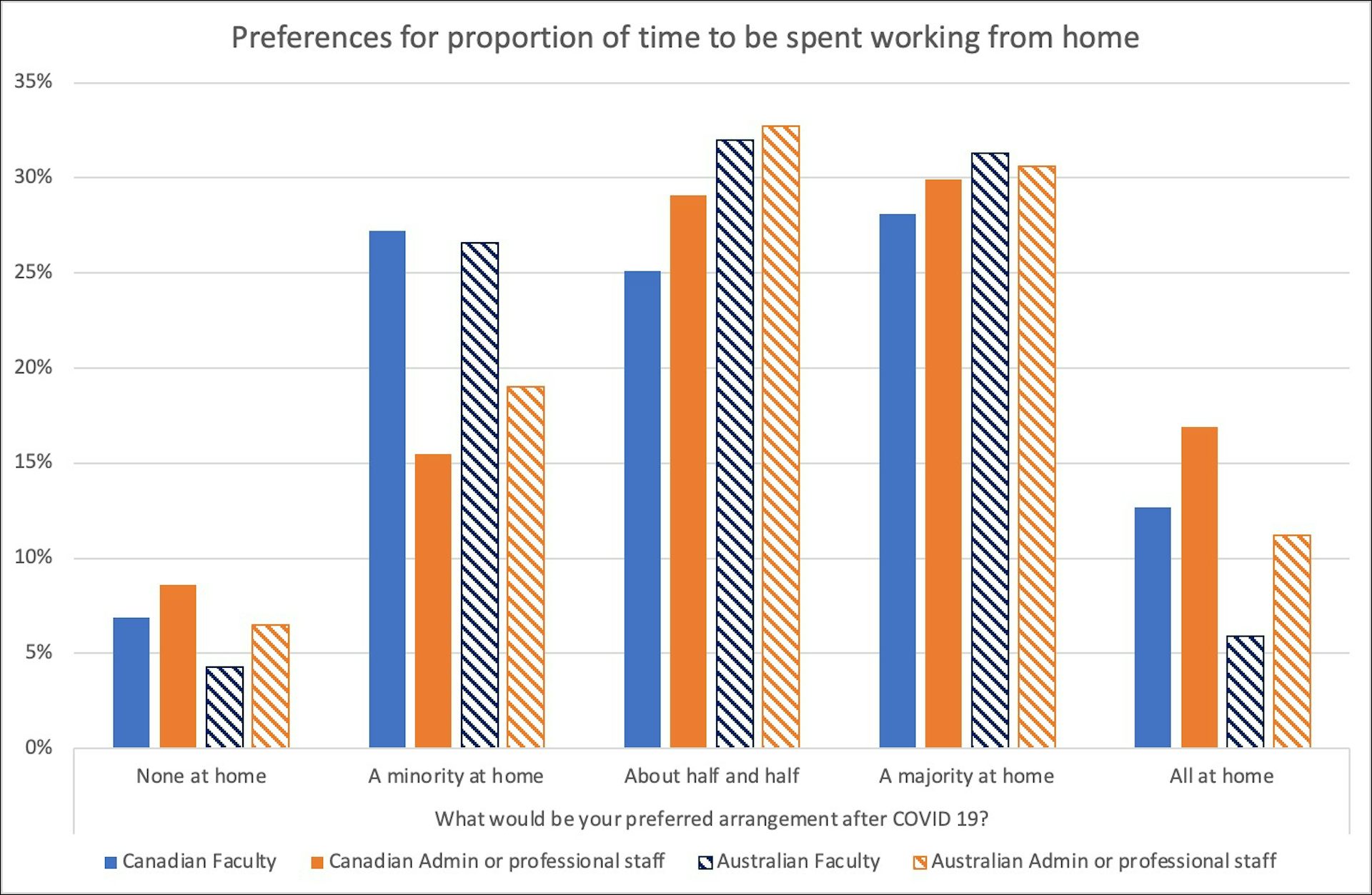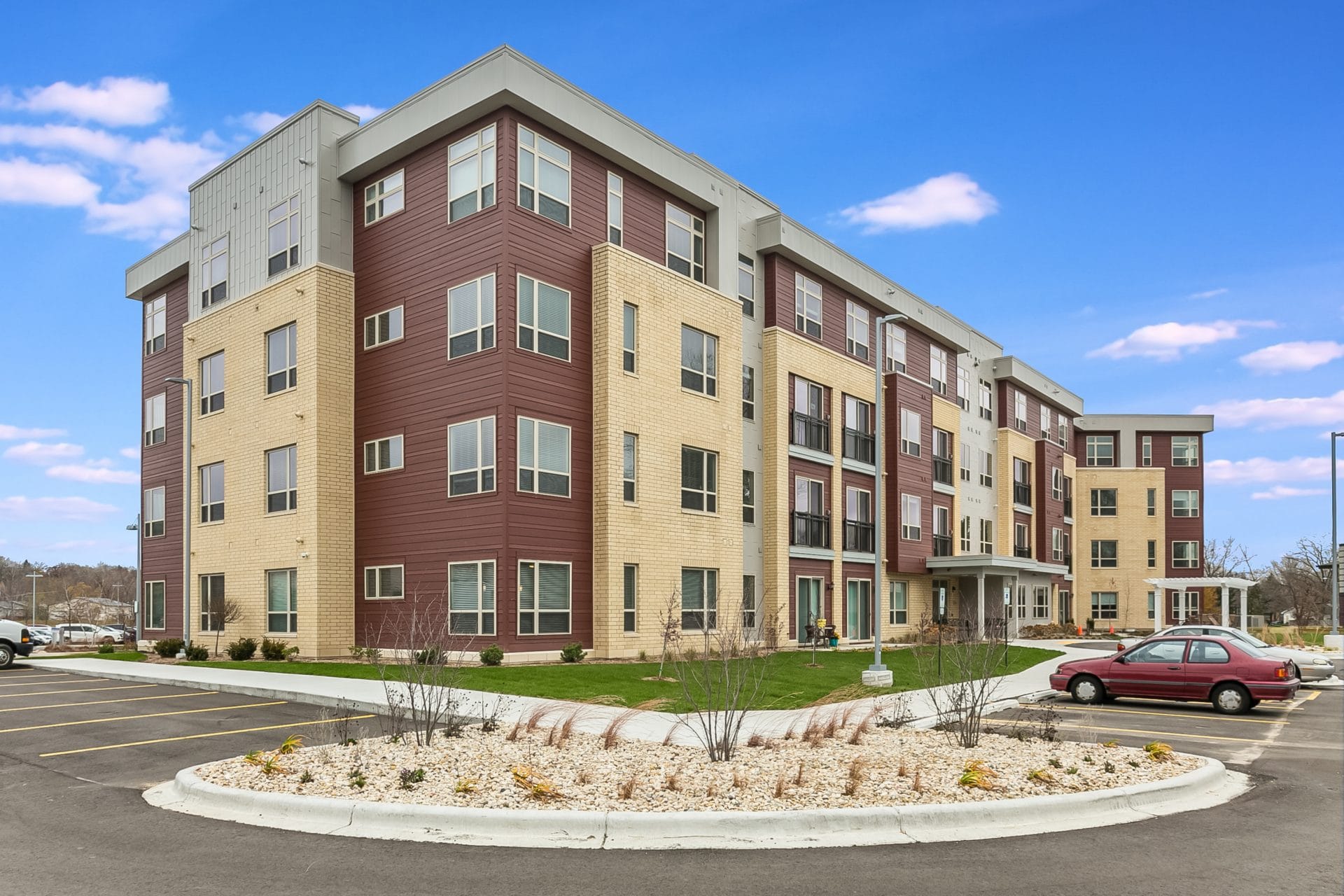Table of Content
Low-cost therapy options is a great place to start, and many have teletherapy options. Above all else, remember that it’s okay that you might be having a hard time right now. If you’re losing focus during the day, don’t reach for the coffee just yet. Instead, consider trying a snack first — many of us lose focus because we’re not nourishing ourselves properly, and coffee will only further suppress our appetites. This can both increase your focus while working, while also creating intentional space for small breaks throughout your day. It might feel like these small actions don’t make much of a difference, but the cumulative impact can matter more than you’d think.
Already, it’s been shown that employees who work from home are more productive. People who work or volunteer for helplines are highly trained in crisis control and active listening. If there are things that you don’t want to talk to your family and friends about, helplines are a great option. Here are some of the most common symptoms of depression.
Share
When you do start noticing the symptoms of stress , it's important not to struggle on, hoping it will go away. Working from home can get lonely, especially if you have a job that does not allow for that much social interaction — like meetings. So, if you’re not getting the social outlets you need from your work, it is doubly important to create social opportunities for yourself outside of work. Here we’re going to introduce just a few tips that you can incorporate into your schedule to help lessen feelings of work-from-home depression. That means people abusing drugs are likely to suffer from depression and vice versa. Remote workers end up using alcohol to lift their moods.

Extensive research shows that the outcomes of working from home are contradictory. Some studies report that working from home improves mental well-being. Depression may make it difficult to accomplish the simplest of tasks.
Share Link
In this article, we look at research from the past couple of years investigating whether there is a connection between WFH and depression. Last but not least, remember to have some self-compassion. We’re living through unprecedented times, and no one expects you to be handling it perfectly.

If you worked on a regular schedule in the office, there’s no reason you can’t do the same at home. Worried that you’re facing a bout of working-from-home depression? Working from home certainly has its perks , but it also has some pretty significant drawbacks — namely, it can make you feel pretty isolated and, sometimes, depressed. Your doctor may recommend antidepressant medication to help you feel better if they determine you have depression.
Seek out some additional support
A 2015 study found that social isolation, whether real or imagined, can increase the risk of early death. For some people, working from home improves mental health or has no impact on existing depression symptoms. For others, working from home could add symptoms to the list, including anxiety and chronic stress. There’s an abundance of resources available for people who feel they may be experiencing depression, or who simply want to seek out more information for their mental health and personal well-being.

They’ll work with you to identify “clinically significant” symptoms that may interfere with your home, work, school, or social life. It’s natural for some people to miss the office or feel a sense of loss if working in an office has been your routine for a while. This is why some research from 2021 says it has the potential to improve your mental health. The treatments for depression range from types of therapy to medication. Episodes of major depression last at least 2 weeks at a time. Although a sad environmental factor can trigger them, they can also seemingly come out of nowhere.
Share this:
In the event that you have depression, you’ll likely find a combination of treatments work rather than just one. It can be easy to lose track of time when you aren’t in an office. Creating a schedule for the day not only helps you get your tasks done, but it also pencils in opportunities to take breaks to maintain your mental health.
Depression is a common yet serious mental health condition that has a negative impact on how you feel, think, and act. Holker, who married tWitch on December 10, 2013, celebrated their ninth wedding anniversary three days before his death. I couldn’t be more grateful to celebrate this perfect magical day!!!
Most respondents were female, White, non-Hispanic/Latinx, had none/zero day of past 30-day e-cigarette use, and did not have a job or internship with in-person interaction. Of the 721 students that reported drinking alcohol, 705 (97.8%) reported “hanging out” with people while drinking. Of the students with an in-person facing job or internship, the majority (219; 74.0%) were females. Like anxiety, depression does not affect every individual the same way.
Four hundred forty-seven (42.0%) participants reported having significant depressive symptoms. Based on the PSS-10, most of the respondents (705; 66.3%) experienced moderate stress symptoms, followed by 23.9% with low stress and 9.9% with high stress. The mean score on the PSS-10 was 18.28 (SD 6.52) and ranged from zero to 38. College student life is also characterized by the consumption of alcohol. Drinking alcohol is viewed as a social activity, influenced by time spent with peers . Alcohol is the most frequently used substance, reportedly consumed by 53.5% of full-time US college students ages 18–22 .
Simply put, depression is a mental health condition that negatively affects how you feel and the way you go about your life. If your levels are low, it could lead to mental health issues, including depression and anxiety. Working from home and positive/negative experiences due to social distancing as interacting factors of depressive symptoms during the COVID-19 pandemic in a Chinese general population. A doctor or mental health professional will typically treat depression with a combination of psychotherapy and medication.
Among females, factors that appear to increase depression include family responsibilities and conflicting work-life balance. Among people aged 16–39 years, these factors include loneliness, work uncertainty, and financial insecurity. Griffin et al. have shown that low levels of control at work and in the home can lead to anxiety, especially for women. This can be compounded by those that may be worried about job insecurity. A study in India found fear for the loss of employment to be a strong contributor to anxiety among the workforce who called their home their office during the COVID-19 pandemic.


























